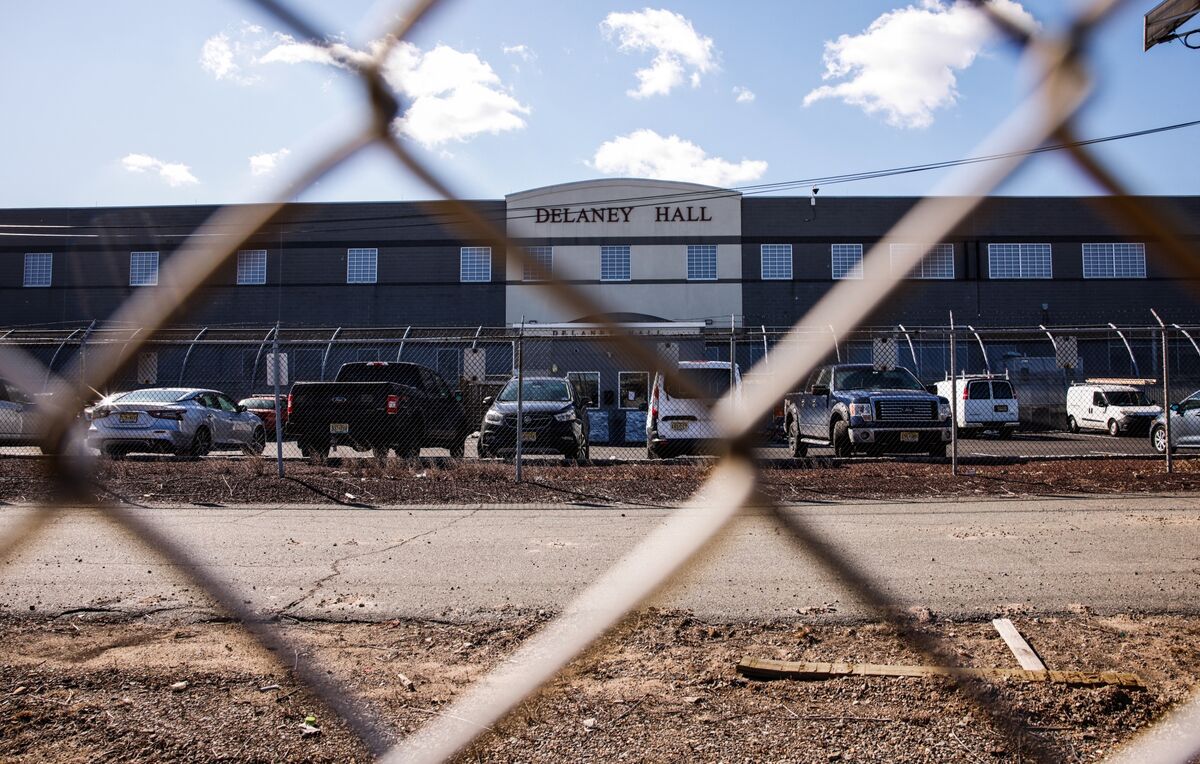Paris Migrants Face Eviction as Authorities Clear Canal Saint-Denis Camp
Teenager in Custody After Fatal Stabbing of School Supervisor in Nogent
France Tackles Gender Gap in Math with Specialized Classes
Educational Community in Mourning After Tragic Stabbing at French School
France Revives Glass Bottle Deposit Scheme in Four Regions to Boost Recycling
ICE Funding and Oversight Clash with Democrats Amid Rising Detention Deaths

The acting director of U.S. Immigration and Customs Enforcement (ICE), Todd Lyons, recently assured a House subcommittee that the agency's funding is secure through fiscal 2026, despite concerns from Democratic lawmakers about the agency's current financial and operational challenges. Lyons' testimony highlighted the agency's intention to shift funds from other departments to cover a shortfall, aiming to increase detention bed capacity to 60,000. This move comes as ICE currently detains 52,000 individuals, exceeding the 41,500 detention beds funded by Congress.
During the hearing, tensions flared between Lyons and Democratic members of the Homeland Security subcommittee, particularly over the agency's goal to deport 1 million people annually and the conditions within ICE detention centers. Rep. Lauren Underwood of Illinois criticized the strategy as 'incredibly risky,' while Rep. Veronica Escobar of Texas described the conditions as 'abysmal' and akin to human rights abuses. These criticisms were underscored by the revelation that nine individuals have died in ICE custody this fiscal year, nearing the total deaths recorded in the previous fiscal year.
Lyons also addressed the issue of congressional oversight, pledging to allow lawmakers to inspect detention facilities with or without prior appointments. This commitment followed a skirmish at an ICE facility in Newark, N.J., where several House Democrats were involved in an incident that led to the arrest of the city's mayor. The acting director emphasized ICE's dedication to transparency and its preference for working with public institutions over private facilities.
The debate over ICE's funding and operations reflects broader concerns about immigration enforcement and detention practices in the United States. With the agency requesting an additional $500 million for fiscal 2026 to support 50,000 detention beds and $766 million for advanced border surveillance, the discussions in Congress are likely to intensify. As ICE navigates these challenges, the balance between enforcement priorities and humanitarian considerations remains a contentious issue.